In Faraz Ali’s debut feature Shoebox, we find ourselves frequently confronted with questions relating to the reconfiguration of identity, the push-pull between holding on and letting go, and the very reserves left for memory in the larger, practical scheme of things. A person adamant to keep his decrepit single screen theatre running, despite the financial unfeasibility of it and the unviability of it, becomes the launchpad through which the film mounts its curious but cursory inquiries about the ways in which the city reorganizes and reorients itself in keeping with the impulses of supposed modernity. The past and the present are in a constant but fractious dialogue; the residents of the city of Allahabad in the film are hurrying to sweep aside anything that cannot meet the demands of newness, being acutely, poignantly aware of the inescapable high stakes if they do not adapt, comply and accommodate.
When we first meet Madhav Chatterjee (Purnendu Bhattacharya) in the film, we see him diligently taking notes as he checks off multiple reels sitting in the theatre he runs, entirely indifferent to matters of his house or anything that’s outside what he views as the sacred space of the darkened hall. It is only once and this introductory scene that visually establishes Madhav’s unbending immersion in this space that he cherishes the most; what follows vis-a-vis Madhav’s relationship to his theatre are uninspired variations on his bullheadedness, his watchfulness, and defensiveness.
Related to Shoebox – Borderlands [2021] ‘DIFF’ Review: A Compellingly Observed Documentary about the Edges of the Country and its People
This is a figure known to all of us in broad strokes; a single screen owner who will fight tooth and nail before succumbing to builders of multiplexes, aided by political might. This multiplex-single screen battle has immanent anxiety about progress and change woven into it, and this strand of reflection is what Ali keeps returning to, often spelling it loud in many scenes, including an awkwardly handled one in which both sides of the debate on renaming of the city to Prayaagraj and its consequence argue outside university gates.
Shoebox employs these figures, debates, and vested interests in an overly familiar fashion. We get the stock character of the person campaigning for an election seat, desperately so, securing deals with corporate developers and higher-ups, the hostility a single screen and its owner have to embattle in new-age India. The threat of erasure seems to be biding its time for anyone in the city who is resistant to marching along and toeing in with the carefully rearranged order of things. Ali adds the father-daughter relationship between Madhav and Mampu (Amrita Bagchi), rendered with a mix of nursed anger, old wounds, and attempted understanding.
As Mampu returns to her home in Allahabad to attend to her ailing father, she is also compelled to consider the costs of doggedly latching onto things swiftly losing relevance and utility. For a long time, all Palace theatre did was screen old films, while that did gather crowds it was only fleetingly, temporary luck, which quickly outran its course. When Mampu returns in her twenties, the theatre has shut down, in need of urgent repair and maintenance work. Madhav pins all his hopes on restoring his theatre though taxes have piled up and so have loans. Land sharks have their eyes on the property and corner him but he never caves in as we see how much of the theatre is intrinsic to his very identity. Giving it up for its demolition is tantamount to being dislodged off one’s core; the core is what drives us along our paths and propels us with enough wind under our wings to keep going.
Also, Read – Wade [2020] Short Film Review: A Delicate, Detailed Horror Story about Climate Crisis
Ali folds in Mampu’s uneven, liminal sense of roots and home in a rather ineffective scene where he makes her rattle it all off, her grudges, grouses and bitterness and, regrets, at one go, when she senses another close person might be forced to undergo a similar unpleasant trajectory. She laments her loss of any intimate connection with a place; she talks about how she has always been torn between Pune and Allahabad ever since she was sent to a boarding school there as a kid, consequently belonging to neither city.
It is this over verbalizing and leaning into a self-explanatory mode, telling instead of showing the scars of time, that strips us of any possible emotional association with the characters. Even the flashback sequences that relay young Mampu’s dynamics with her father come off as yet another standard recycling of the stern-and-emotionally-remote dad trope we have witnessed so often. Madhav’s parenting was a decisively ironhanded one, especially after his wife and father died in an accident. We never see a sliver of tenderness in his approach to his daughter.
The immediate problems with the film can be linked to Ali’s and Noorpur Sinha’s screenplay that buries itself in weighty ideas but singularly lacks the clarity and sharpness in its voice to fully and richly register them through. The film hobbles and stutters out of breath very soon as it jumps busily across flashbacks to Mampu’s childhood, tangents and plot arcs tied to the political angle of the situation, and the overarching gaze on the prevailing revamping of the city itself.
Related to Shoebox – 76 Days [2020] ‘DIFF’ Review – A miraculous snapshot of the current crisis told with unflinching flair
Ali threads in a folk song that is all about conservation and pollution, situating itself a tad heavy-handedly along with the film’s concerns with natural spaces being hacked away at and unrecognizably altered. It’s also baffling the amount of screentime Ali chooses to devote to the frustrations and insecurities of the guy eyeing the election seat, especially because the said character, Kamlesh, feels redundant thoroughly despite his maneuvering and backhanded transactions which exacerbate the single screen predicament.
The plotting and intimidation are overwhelmingly skin deep and derivative, and a scene where Kamlesh explodes on the road is just tiringly unnecessary. Shoebox starts sagging because the intricacies of relationships within and beyond the Chatterjee family is barely skimmed. We brush past the hint of exhaustion that seems on the tip always; the expansive house seems as if it’s hollowed out from one man’s persistence against the forces that are.
The friendship between Mampu and her childhood pal, Kaustabh, is written as if it is a filler for the gaps when the writers felt the need to deflect our attention from the family matters. The shared sense of history trickle out only through the flashbacks, never in the interactions between them in the present. He seems to exist solely for her convenience. Kaustabh comes into his own late in the film and gets to state his position but as Bagchi’s weary expression conveys in that instant, we too couldn’t care less. Bagchi visibly struggles to show the tiniest flickers of loss and rage against the habitual unfairness of things; her limited wide-eyed expressions don’t grasp at the precise sensitivities of key moments.
Mahesh Aney’s camerawork incidentally does most of the evocative telling in the film, playing around with a lot of visual ironies, although the shot taking does veer into repetitiveness. We sight a man watching a film on his phone, sitting on the street next to the theatre’s shuttered box office counter. Aney directs our glances at the city in flux, various sites engaged in construction work, deities painted on walls and the Kumbh Mela crowds that slowly begin spilling across the networks of streets and out on the bridges. Colorist Mahak Gupta endows the film, significantly the winter mornings, with this warm slate grey texture, a standout scene being the exquisite way in which morning after death is captured.
Also, Read – Bare Trees in the Mist [2020]: ‘DIFF’ Short Film Review – The wafer-thin weight of gratitude
The film is a paean to the single-screen experience. The frenzy an 80s Amitabh Bachhan film elicits in the crammed audience decades later is lovingly demonstrated but a staleness in execution sticks at the scene. There’s little that Ali really plums which a single screen can offer with its unmatched spectacular delight and grime.
Shoebox feels like an overtly political gesture in many ways, where the civic refashioning and remodeling of a city and the lives of its residents having their essence denuded away being in conjunction is on obvious display, yet the specificity of these lives, the dangers in dissidence and the inviolable transformation is sadly absent and sound only a slight, feeble note of alarm.

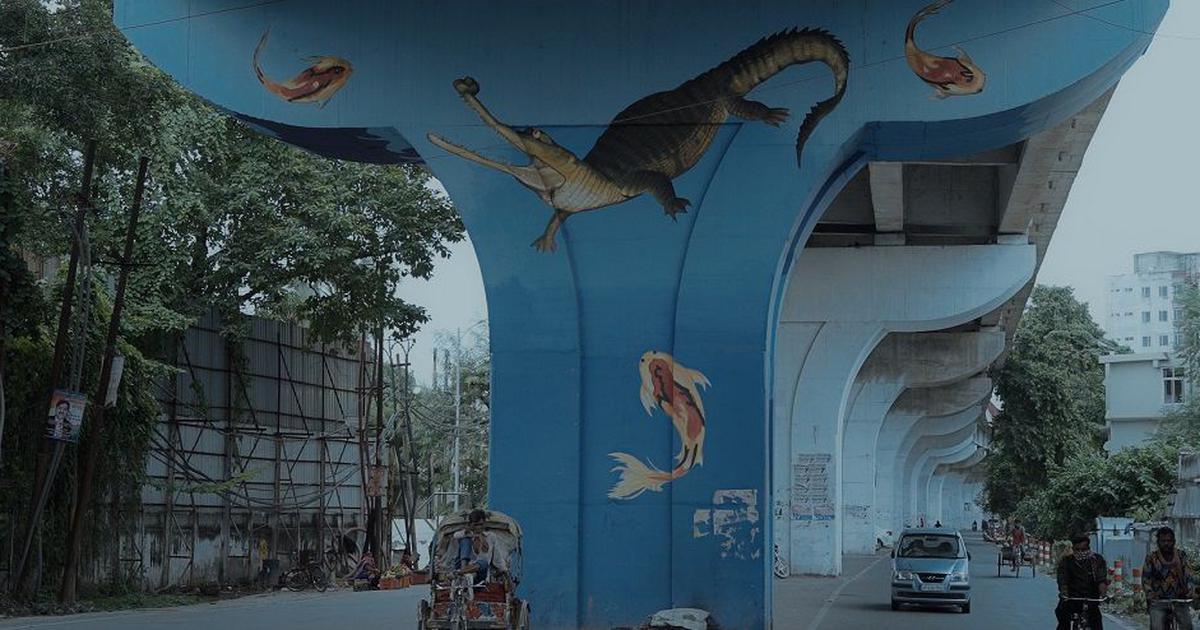
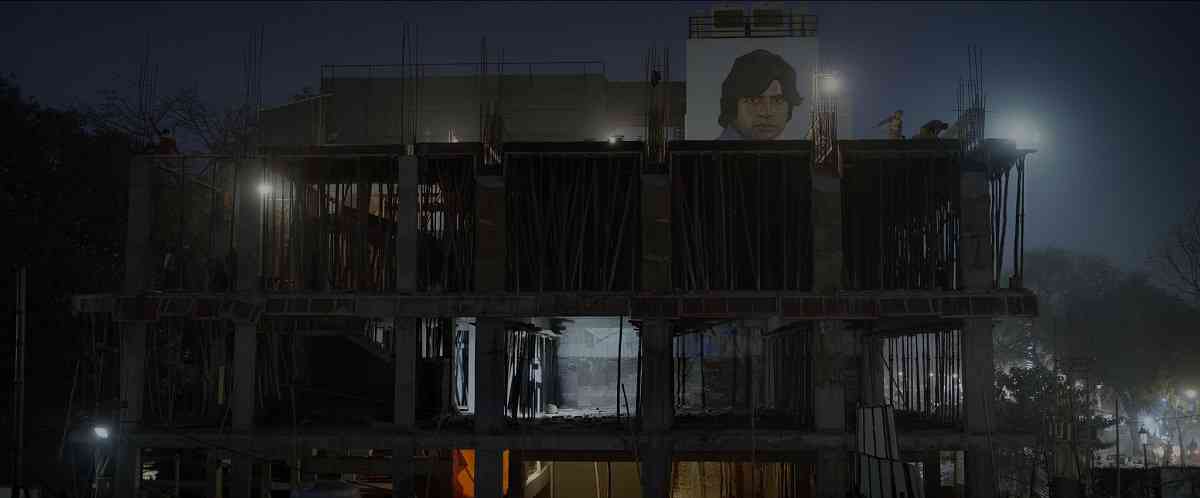
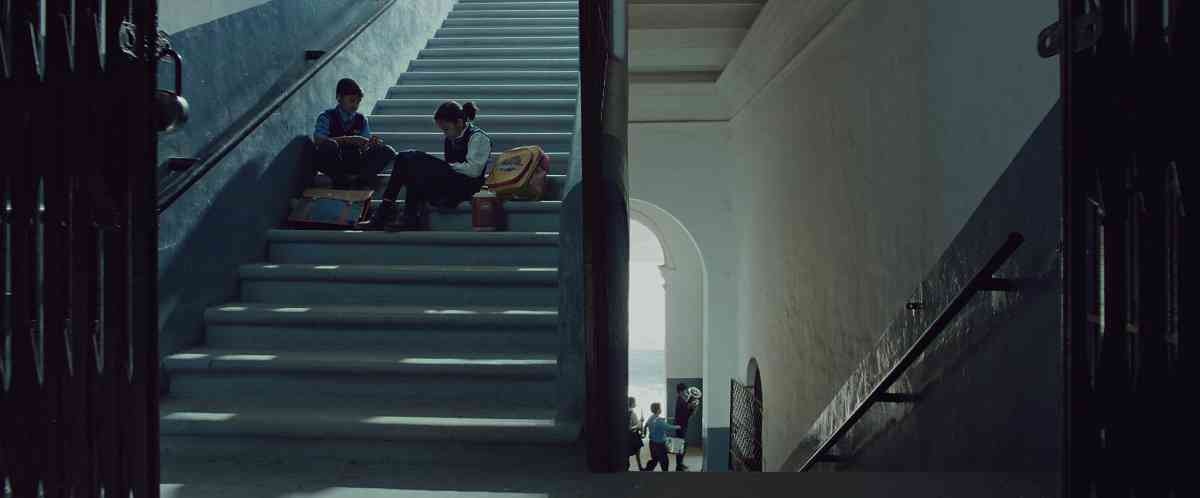


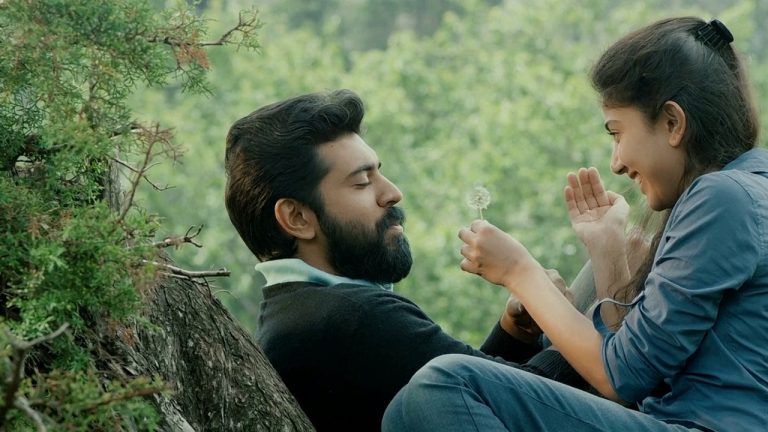
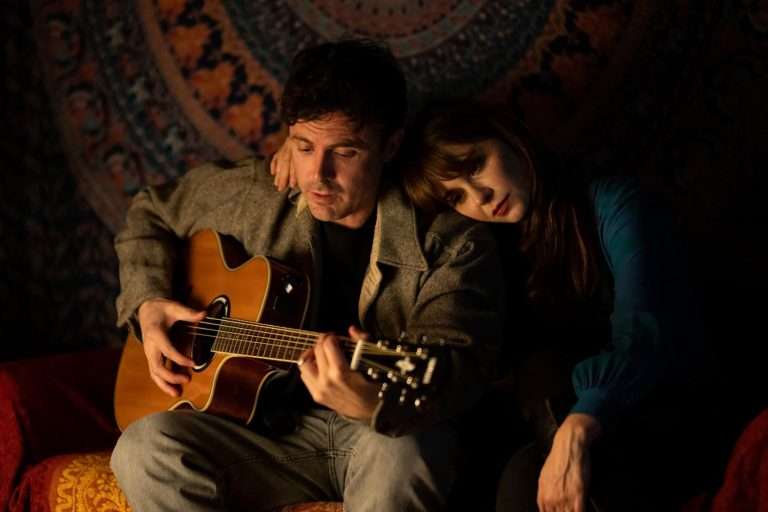
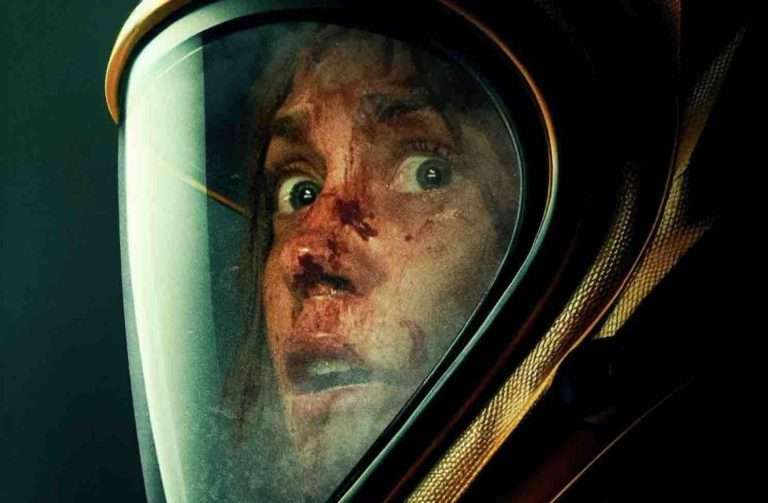
![Triple Threat [2019] Review: An Enormous Waste of Talent & Potential](https://79468c92.delivery.rocketcdn.me/wp-content/uploads/2019/09/triple-threat-screenshot-1-768x320.jpg)
![We Will Not Die Tonight [2018]: ‘NYAFF’ Review](https://79468c92.delivery.rocketcdn.me/wp-content/uploads/2018/07/WE_WILL_NOT_DIE_TONIGHT_NYAFF_HOF_1-768x432.png)
![Anomalisa [2015]: A heartbreaking tale of human connection!](https://79468c92.delivery.rocketcdn.me/wp-content/uploads/2016/01/01ANOMALISA2-facebookJumbo.jpg)